Requirement Hub
Requirement Hub
Requisites for Exports from Sri Lanka
Navigate Sri Lankan export regulations and standards. Ensure you meet all local compliance requirements from applicable regulatory bodies.
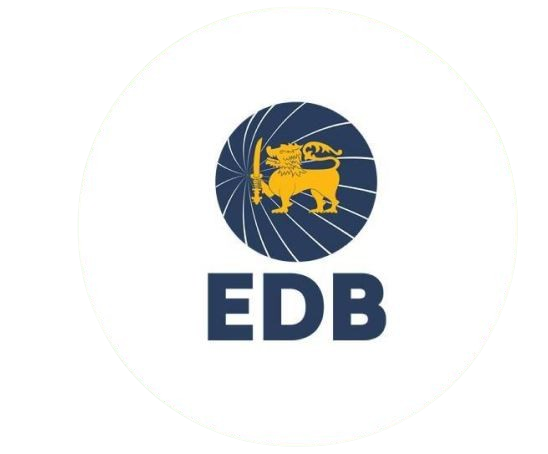
Export Development Board (EDB)
Understand all export protocols and incentives provided by the EDB to promote international trade.
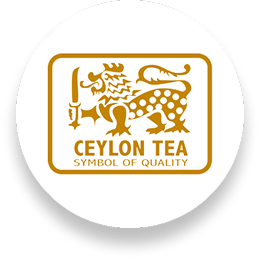
Sri lanka Tea Board
Specific guidelines and quality standards for tea exporters, ensuring global competitiveness and adherence to international norms.
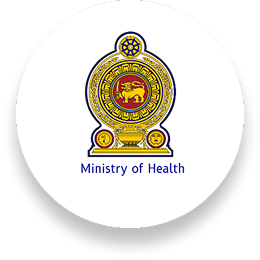
Sri Lanka Standards Institution
Compliance requirements for exporting pharmaceuticals and health-related products, including safety and efficacy standards.
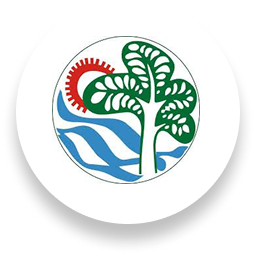
Department of Animal
Production & Health
Adhere to environmental regulations and sustainability standards crucial for exporters.
Requirement Hub
Requisites for Exports from Sri Lanka
Navigate Sri Lankan export regulations and standards. Ensure you meet all local compliance requirements from applicable regulatory bodies.
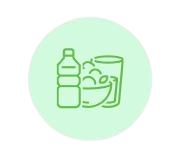
Food Products
SFDA Requirements: "Comply with the Saudi Food and Drug Authority’s (SFDA) stringent standards for food products to access the lucrative Saudi market.

Nonfood Products
SASO Certification : Understand and meet the Saudi Arabian Standards, Metrology and Quality Organization’s (SASO) requirements for non-food items.
Requirement Hub
Export to Iraq
The Iraq Certificate of Conformity (CoC) Program, administered by the Central Organization for Standardization and Quality Control (COSQC), is a critical regulatory initiative to ensure that products imported into Iraq comply with local standards for quality, safety, and environmental protection. This program plays an essential role in protecting consumers, fostering fair trade, and ensuring that only safe and compliant products enter the Iraqi market. The COSQC CoC program is designed to streamline the importation process by certifying that goods meet Iraq’s regulatory requirements before they are shipped.
Program Objectives:
- Ensure Product Compliance: The primary goal of the CoC program is to ensure that imported products meet Iraq’s safety, quality, and regulatory standards
set by COSQC. This helps prevent the entry of substandard or unsafe goods into the country. - Promote Consumer Safety: By ensuring that only certified products are allowed into the market, the program helps safeguard public health and safety from potentially hazardous or defective products.
- Facilitate Trade and Market Confidence: The program contributes to the efficiency of trade by providing clear, standardized procedures for imports and
helping businesses build confidence in the quality of goods available in Iraq. - Enhance Transparency and Accountability: The CoC program increases transparency in the import process and ensures that products are accurately tested
and verified before entry, reducing the risk of fraud or mislabeling.
Key Components of the COSQC CoC Program
- Pre-Shipment Inspection (PSI): The CoC process begins with a Pre-Shipment Inspection of the products before they leave their country of origin. Authorized inspection bodies, accredited by COSQC, are responsible for evaluating product quality, verifying conformity to Iraqi standards, and checking product documentation (such as technical specifications, bills of lading, and certificates of origin).
- Issuance of Certificate of Conformity: Once the products pass the inspection and meet the required standards, the authorized inspection agency issues a Certificate of Conformity (CoC). This certificate confirms that the goods comply with Iraqi regulations and meet all necessary quality and safety standards. The CoC is essential for customs clearance when the goods arrive in Iraq.
- Product Testing and Compliance: Some products may need to undergo additional laboratory testing to ensure they meet specific Iraqi safety, health, and environmental standards. Testing may include checking product performance, safety features, or compliance with relevant environmental regulations.
- Documentary Requirements: Importers are required to submit detailed documentation that includes product specifications, technical reports, invoices, and other relevant certificates along with their request for CoC issuance. These documents are reviewed as part of the compliance verification process.
- Customs Clearance and Border Control: The CoC is a mandatory document for customs clearance in Iraq. Without the CoC, imported products are unlikely to be allowed into the country. Having the CoC ensures that goods are processed quickly through customs and meet all regulatory requirements.
Program Benefits:
- Improved Product Quality: By requiring pre-shipment inspections and conformity testing, the CoC program ensures that only high-quality products are allowed into the Iraqi market, reducing the risk of substandard goods entering the country.
- Consumer Protection: The CoC program ensures that consumers are protected from potentially harmful or defective products, contributing to a safer market environment.
- Faster Import Process: With the pre-certification of goods, the importation process becomes more streamlined, reducing delays at the border and facilitating smoother trade.
- Compliance with International Standards: The CoC program aligns with international trade and safety standards, enhancing Iraq’s credibility as a reliable market for global trade.
- Building Market Confidence: The program boosts consumer and business confidence in the quality and safety of products available in Iraq, leading to greater trust in imported goods.

Requirement Hub
Export to Egypt
The GOEIC program, established by the Egyptian government, serves as a regulatory framework to oversee import and export operations within the country. Its objectives include ensuring compliance with national and international standards for imported and exported goods, safeguarding public health and safety, fostering fair trade practices, and boosting the competitiveness of Egyptian products on the global stage. The GOEIC program, overseen by the Ministry of Economy and Foreign Trade in Egypt, regulates a broad spectrum of products, encompassing industrial goods, agricultural products, food items, chemicals, textiles, machinery, electronics, and other commodities subject to import or export regulations. It enforces technical regulations, quality standards, and certification requirements to ensure the conformity and safety of traded goods.
Key components and processes of the GOEIC program include,
- Product Testing and Certification: Imported and exported products undergo testing and certification to ensure compliance with relevant standards and technical regulations. Accredited laboratories and certification bodies issue certificates of conformity.
- Pre-shipment Inspection: Some products require pre-shipment inspection by GOEIC-appointed agencies to verify quality, quantity, and conformity before leaving or entering Egypt, preventing substandard or non-compliant products from crossing borders.
- Registration and Licensing: Importers and exporters must register with GOEIC and acquire necessary licenses to engage in international trade, providing details about their business, activities, and products.
- Import and Export Documentation: Specific documentation, such as customs declarations, invoices, packing lists, and certificates of origin, is mandated for import and export transactions, ensuring transparency and facilitating customs clearance.
- Market Surveillance and Control: The GOEIC conducts market surveillance to monitor product quality and safety domestically, conducting inspections, sampling, and testing to address any non-compliance or unsafe products in the market.
Compliance with the GOEIC program is crucial to avoid penalties, delays, or rejection of goods. Non-compliant products may face fines, confiscation, or other enforcement measures.
Requirement Hub
Export to Qatar
TÜV AUSTRIA the partner company of MSERT is an approved Notified body under Qatar MOPH (FSD) Food COC Program. The Pre-Shipment Inspection program requires that regulated product imports are verified for compliance in the country of export before entering Qatar. A Certificate of Conformity(COC) is issued by TÜV AUSTRIA if the products are found compliant after verification of documents, physical inspection and testing as per GSO guide of technical regulations. The CoC is used at various Qatar customs points to clear the shipment.
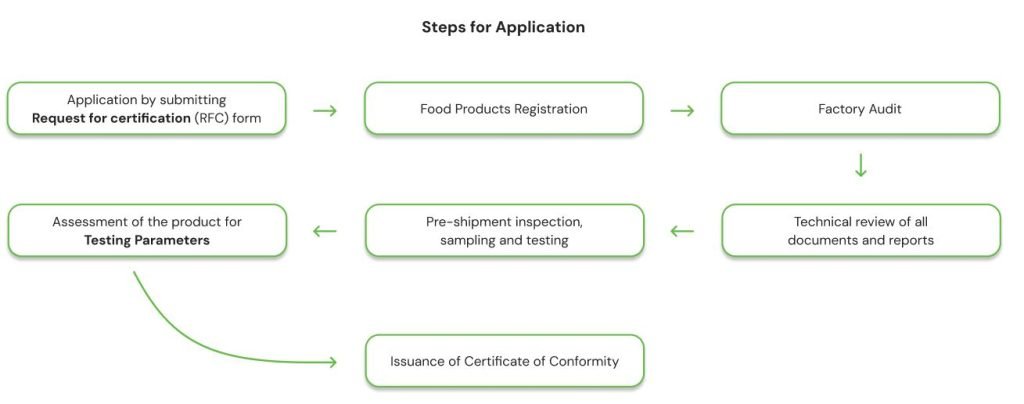
Specific Requirements:
- All food products should have Labeling requirements as per updated requirements of GSO9-2013.
- Detailed Mandatory and Essential Marking requirements as per product category should be available on specific food products.
- Shelf-life requirements of food products shall be as per regulationGSO150-2:2013
- All the Food Products Shipments adhere to Quality Analysis, Microbiological Testing limit as per GSO 1016/2015.
- The Maximum Permissible Limit for Pesticide ResiduesshouldbeasperGSO382-2021.
Requirement Hub
Export to United Arab Emirates (UAE)
The Certificate of Conformity Program introduced by the Ministry of Industry and Advanced Technology (MOIAT), UAE concerned with the safety of products in the UAE market, that is indicates that the product is safe, secure and free of flaws that may directly or indirectly harm individuals, society or environment. TÜV AUSTRIA the partner company of MSERT regulates the product certification outlined by the Ministry of Industry and Advanced Technology (MOIAT) in the UAE.
Key Highlights:
- The program ensures that products in the UAE market are safe, secure, and free from defects that could harm individuals, society, or the environment.
- It applies to TÜV AUSTRIA and all organizations operating under its control.
Subjected products:
- All consumer products that follow the Ministry of Industry And Advanced Technology (MOIAT), which are sold in the UAE market, through import.
Certification Process:
- Application Review: Customers must provide detailed product information, test reports, and management system certificates (e.g., ISO 9001, ISO 14001).
- Factory Audit: TÜV AUSTRIA auditors assess the factory’s ability to produce certified products consistently.
- Conformity Assessment: Products are evaluated based on test reports from accredited laboratories (ISO/IEC 17025).
- Certification Schemes: Three main schemes are used:
Type 1a: Certification for individual shipments.
Type 3: Periodic sampling and factory audits.
Type 5: Surveillance through sampling from production or the market, combined with management system audits.
Labeling & Sampling:
- Products must meet labeling and marking requirements as per applicable standards.
- Samples are randomly selected for testing, and an extra sample is retained for three months.
Applicable Standards
- Standards vary by product category and are based on MOIAT, GCC, or international standards (e.g., ISO, IEC).
- Test reports must come from ISO/IEC 17025-accredited laboratories.

Got questions or need expert assistance?
Connect with us today! Our experienced team is ready to assist you in navigating your certification and inspection needs. Whether you’re looking for guidance
on compliance requirements or tailored solutions for your business, we are here to help. Don’t hesitate to reach out for personalized support and
expert advice—your path to successful certification and inspection starts here!

